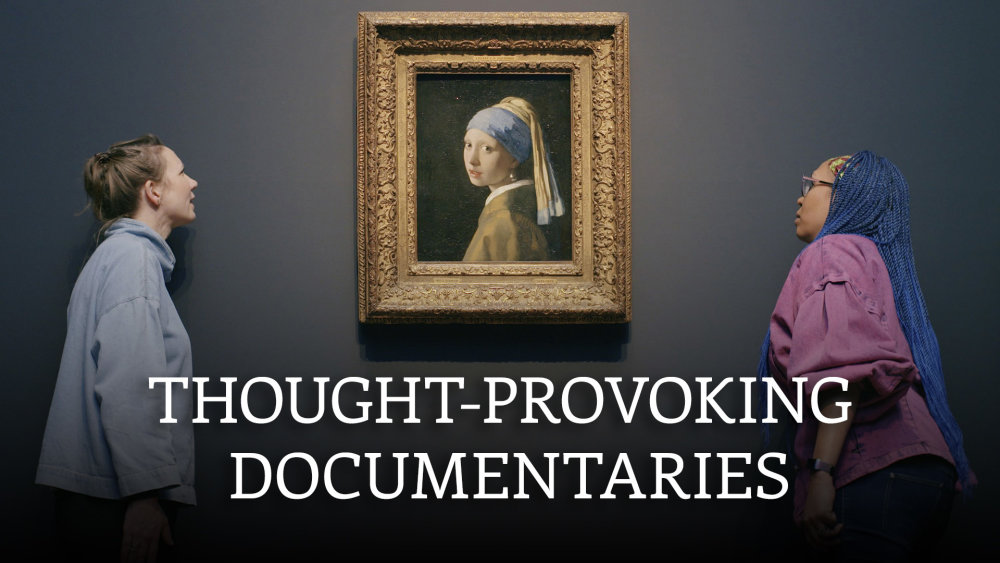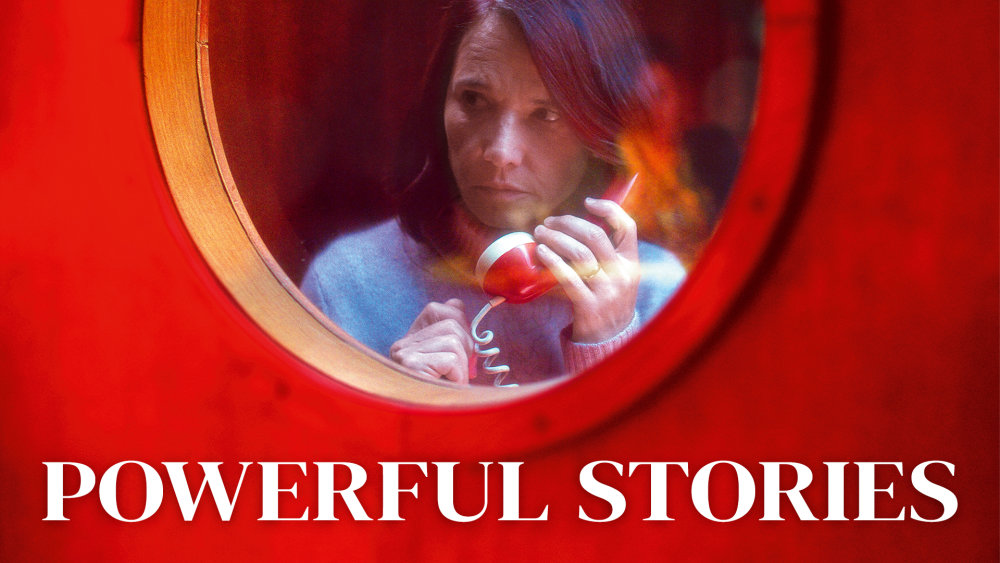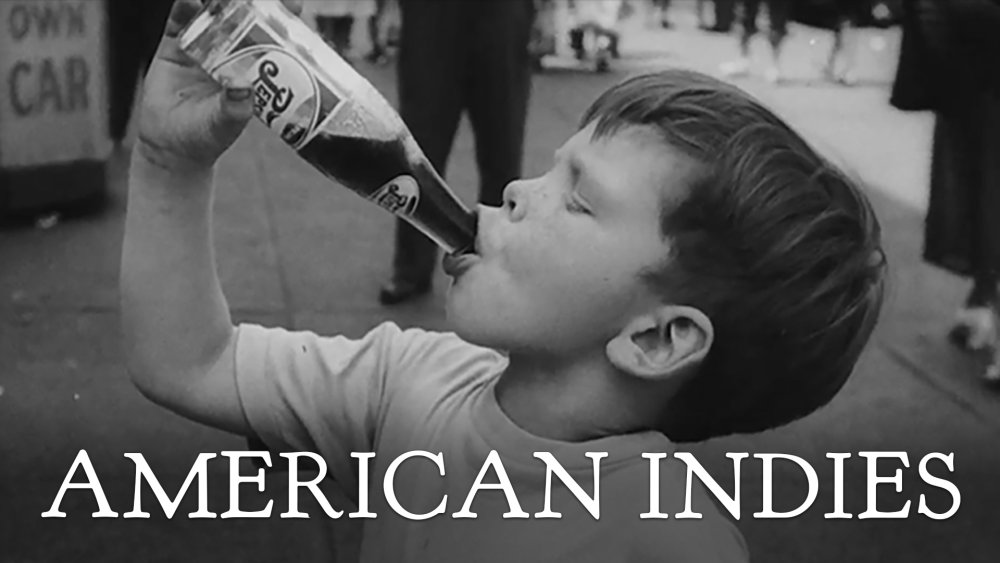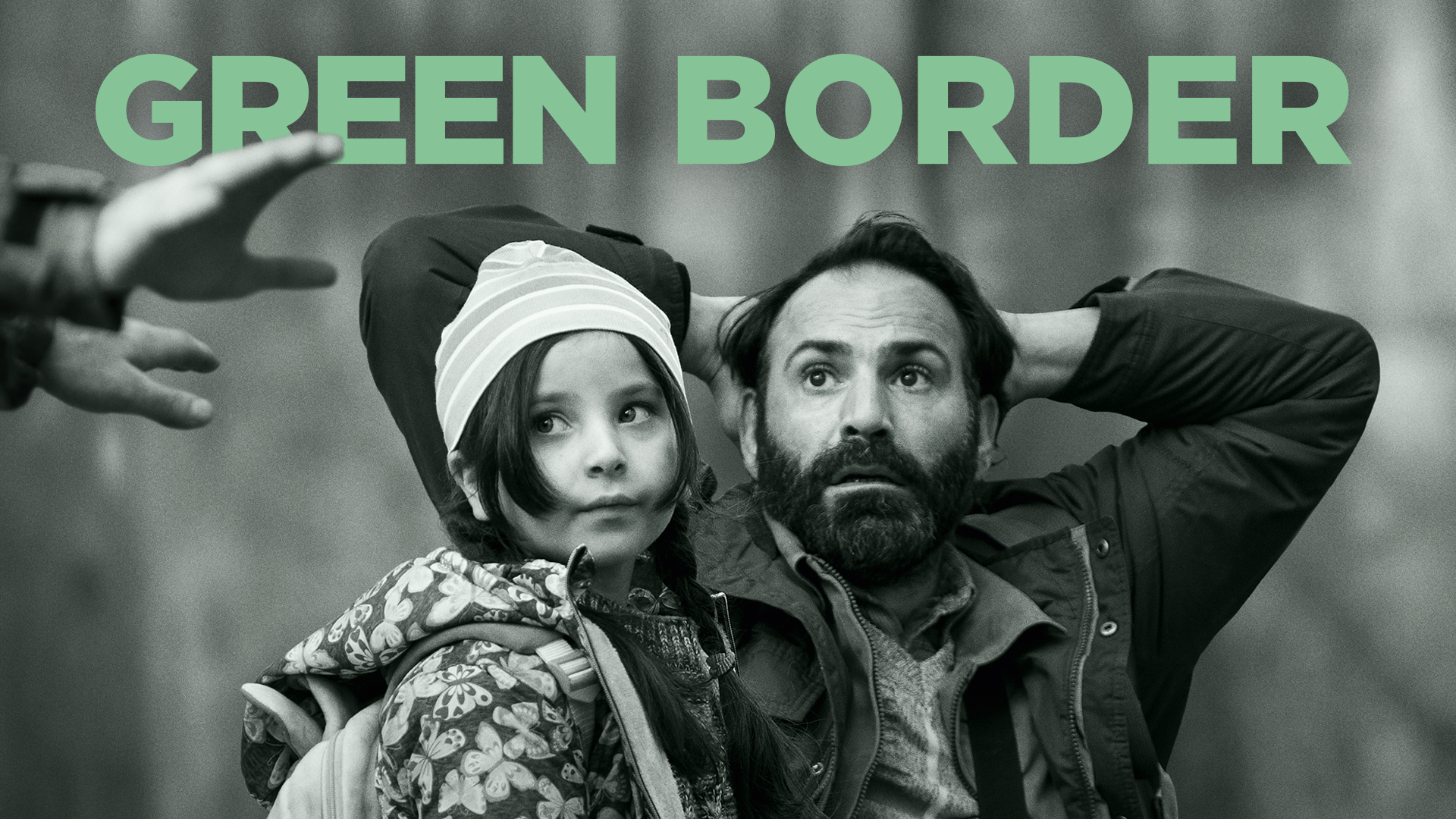
Watch: Agnieszka Holland's 'Green Border' Is a Searing Exposé, a Call For Humanity, and a Cinematic Masterpiece

Be sure to watch our interview with Agnieszka Holland after the article.
Agnieszka Holland’s Green Border is a masterclass in multilayered storytelling. It is at once heartbreaking yet humane, brutal yet visually elegant, and it will both grip you with anger and expand your empathy. But most of all, it will give you an urgent new perspective on a global humanitarian crisis.
Green Border examines the ongoing migrant crisis at the Poland-Belarus border, where roughly 100,000 crossing attempts have been made since 2021, through the eyes of migrants, border guards, and activists. The result is an unflinching yet thoughtful look at an extremely complex crisis from all angles.
The film opens with a group of people aboard a flight to Belarus. The mood is hopeful as the individuals share details about where they’re coming from and where they’re eagerly headed. One family, who has just escaped war-torn Syria, expresses their gratitude for this seemingly God-given route to the EU through Belarus. They have a relative waiting for them in Sweden, but first they just need to cross into Poland and then it’s just “a quick drive to Malmö.” Holland opens with this almost naive sense of optimism not to be cruel, but to show you a migrant’s full experience, which understandably does start out with unbridled hope.
The opening also introduces some of the film’s central characters as a way to establish the stakes. We see ourselves in this multigenerational Syrian family—husband and wife Amina and Bashir, their three children, and Bashir’s elderly father—and we are rooting for them. But what we witness over the next two and a half hours will test our faith in humanity.
.jpg)
In 2021, Belarus, a dictatorship under the rule of Aleksandr Lukashenko, began selling citizens in the Middle East and Africa tourist visas and promising safe passage into Europe. An altruistic autocrat? Right, no such thing. Lukashenko essentially weaponized migrants and sent them in droves to destabilize the EU as punishment for imposing sanctions on his regime. As vile as the tactic is, it was effective. Thousands of people began pouring into Minsk. Once there, Belarusian guards lead the asylum seekers to the Polish border, where they cross into not freedom but a barbed wire-laden exclusion zone that traps them in an endless hellish nightmare. With no intention of ushering them into the EU, Polish guards throw the migrants back to Belarus, taunting and even torturing them along the way. Desperate to keep trying now that they’ve come so close, refugees end up going back and forth across the border for months on end. Many do not survive.
We see this cruel yo-yoing between borders forced upon our family from Syria and other characters in transit. Along the way, they have to not only brave the harsh elements of the dense Polish forest, but they’re subjected to acts of degradation and inhumanity that will make your skin crawl and blood boil. Leila, an Afghan woman seeking asylum in Poland, has now joined the Syrian family as an extra helping hand. When she asks a Belarusian border guard for water because the children are in desperate need, he demands 50 euros. When she protests, another guard pours the water out in front of her eyes. Another guard breaks the glass inside of a thermos before returning it to its owner, so that it cuts the migrant’s mouth up when he takes a drink. Then there’s the casual racism that flows effortlessly out of a Polish guard’s mouth as he transports a group back to Belarus—after telling them the bus was going to Germany and Sweden.
And that’s just the first chapter.
.jpg)
.jpg)
Now that the stakes have been set and the conditions exposed, Holland takes us even deeper into the crisis through other avenues and we soon realize that our emotional journey has just begun. Chapter two opens with a training session for Polish border guards that reveals the rhetoric they use to justify their barbaric behavior. An official lectures a room of guards on the dangers of these migrants, reducing them to terrorists, pedophiles, and even zoophiles. “One mistake,” he warns, “and in six months we’ll have a bomb on the Warsaw subway.” This is where we begin to follow a young Polish border guard named Janek, whose perspective shows the horrors of the crisis from the other side.
Janek believes what many in his position must believe: he’s just following orders. Married with a baby on the way, he has little choice but to fulfill his duties—but that doesn’t make it any easier to sleep at night. As we watch him grapple with moral turmoil from performing those duties, we’re reminded that there are people suffering on all sides. In fact, Holland has acknowledged that the guards end up victims too, having been put in an “impossible situation.” Toward the end of the film, Janek ends up turning a blind eye to a truck smuggling refugees, proving that redemption is possible even in the most dire of crises.
The film also follows the perspectives of a group of Polish activists who try to provide refugees with food, water, clothing, and medical aid despite constant pushback from border guards, and Julia, a recently widowed therapist who joins their cause after a traumatic personal encounter with the migrant plight. Through the activists we are reminded that for every monstrous guard there’s a compassionate compatriot willing to put themselves on the line to help strangers. Through their story we also learn that being humane can come with a heavy price, as we see Julia’s car destroyed and friendships severed. Another reality Holland exposes is the infighting among the activists, despite their well intentions, underscoring a quagmire-like situation where compassion is no match for politics.
.jpg)
.jpg)
By the end, all of these seemingly separate strands converge to weave a hopeful ending, but Holland never allows us to get sucked into some Hollywood fantasy version of reality. We understand plain and clear that for every happy ending, there are countless tragic ones. It wouldn’t be a humanitarian crisis otherwise.
Green Border premiered at the Venice Film Festival in 2023, winning the special jury prize and garnering a slew of rave reviews from international critics. But among the praise there was one very vocal critic: the Polish government, which was led at the time by the conservative Law and Justice Party. Jaroslaw Kaczynski, the party’s chairman, called the film “shameful, repulsive and disgusting.” Poland’s former prime minister, Mateusz Morawiecki, described it as “a collection of blatant lies.” Zbigniew Ziobro, Poland’s Minister of Justice, even compared Holland to Joseph Goebbels, the Nazi propaganda chief, suggesting that she is using film to “destroy the image of Poland.”
But to inspire this level of vitriol from Poland’s top leaders is perhaps something of a triumph. In a way, it means the film has done its job. It’s supposed to infuriate those complicit in the crisis. Holland responded to the criticism by explaining that her intention was not to attack Poland or its government, but to open viewers’ eyes and inspire humanity. “I have to speak up,” Holland said. “Even it is going to be a lone voice crying in the wilderness.” The fact that government officials responded so aggressively only further exposes their complicity.
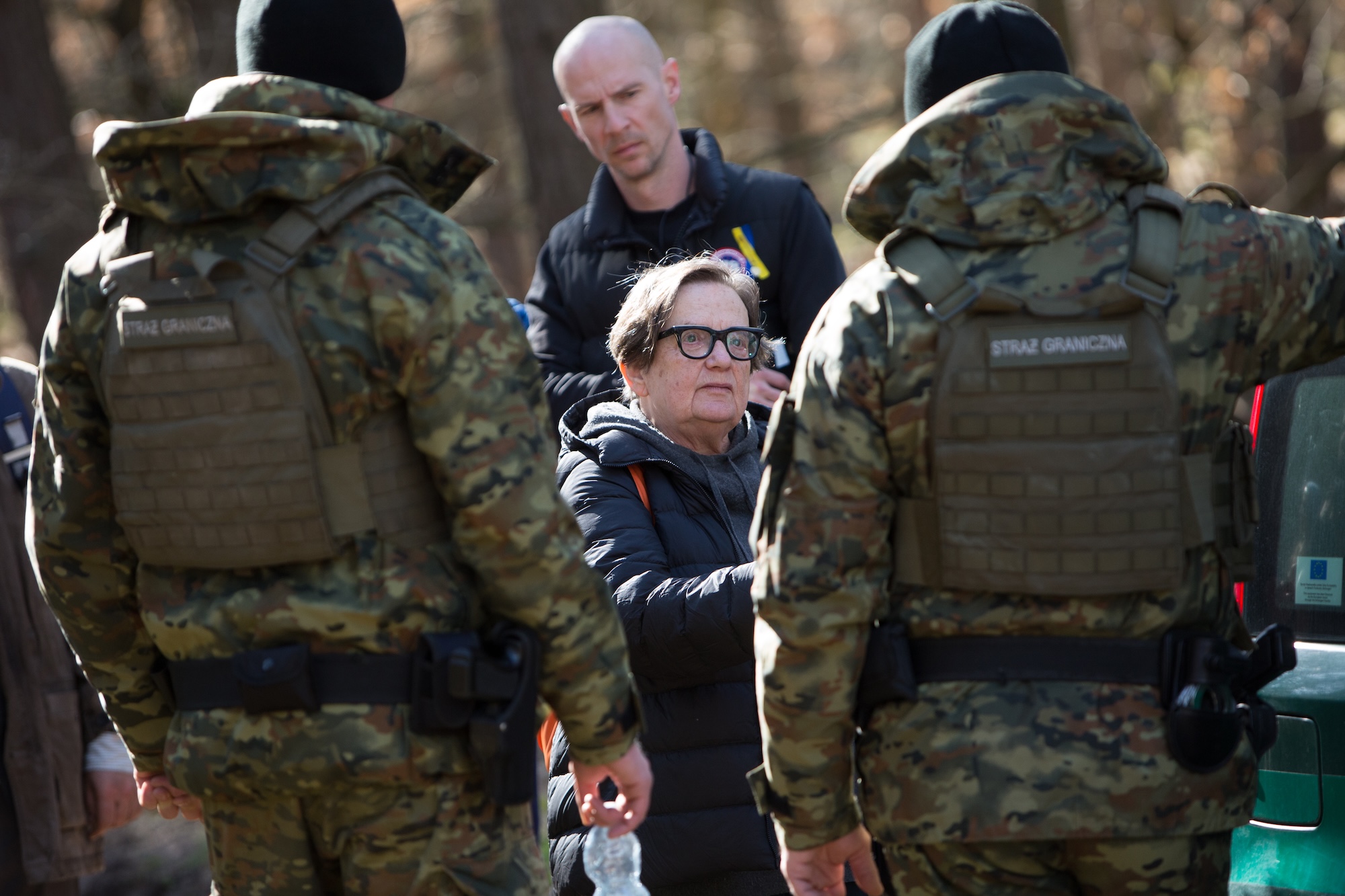
The film’s pièce de résistance, however, is its epilogue, which shows a very different kind of refugee ordeal, almost like an alternate universe. Polish border guards patiently receive groups of Ukrainians escaping war with Russia. They guide them to the right buses, they carry their infants for them, and they treat them with a kindness and compassion nowhere to be seen in 99 percent of the film. Green Border ends with a series of captions, the first one stating that during the first weeks of the war in Ukraine, Poland welcomed nearly 2 million refugees. Just let that sink in. Holland’s final act deftly reveals that the Polish government never had an issue with migrants, only migrants who don’t look like them. It’s one of the most chilling yet understated endings you’ll ever see in film, and just one more layer to the cinematic mille-feuille that is Agnieszka Holland’s Green Border.
Watch Kino Lorber’s chat with Agnieszka Holland about Green Border below:




